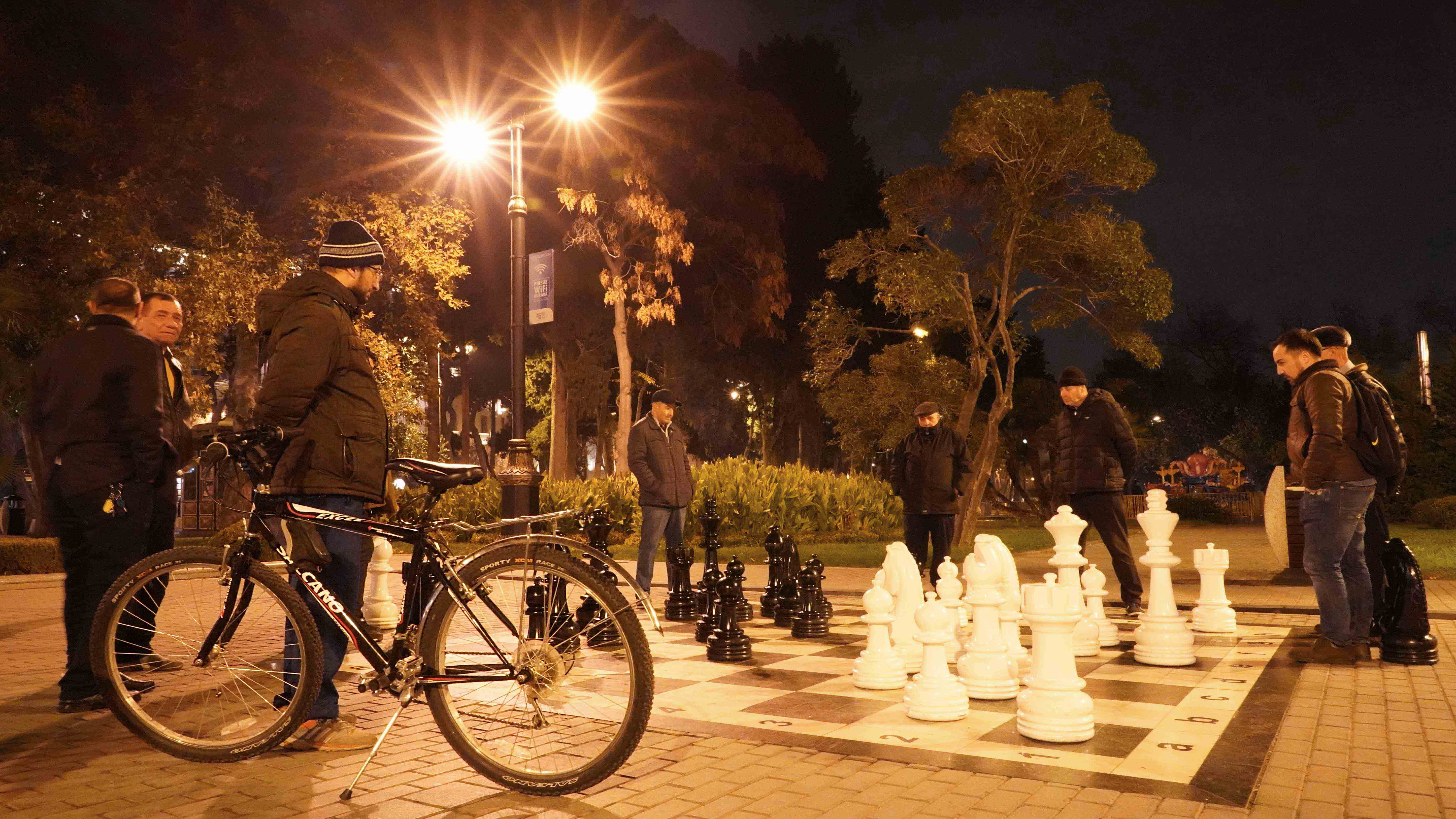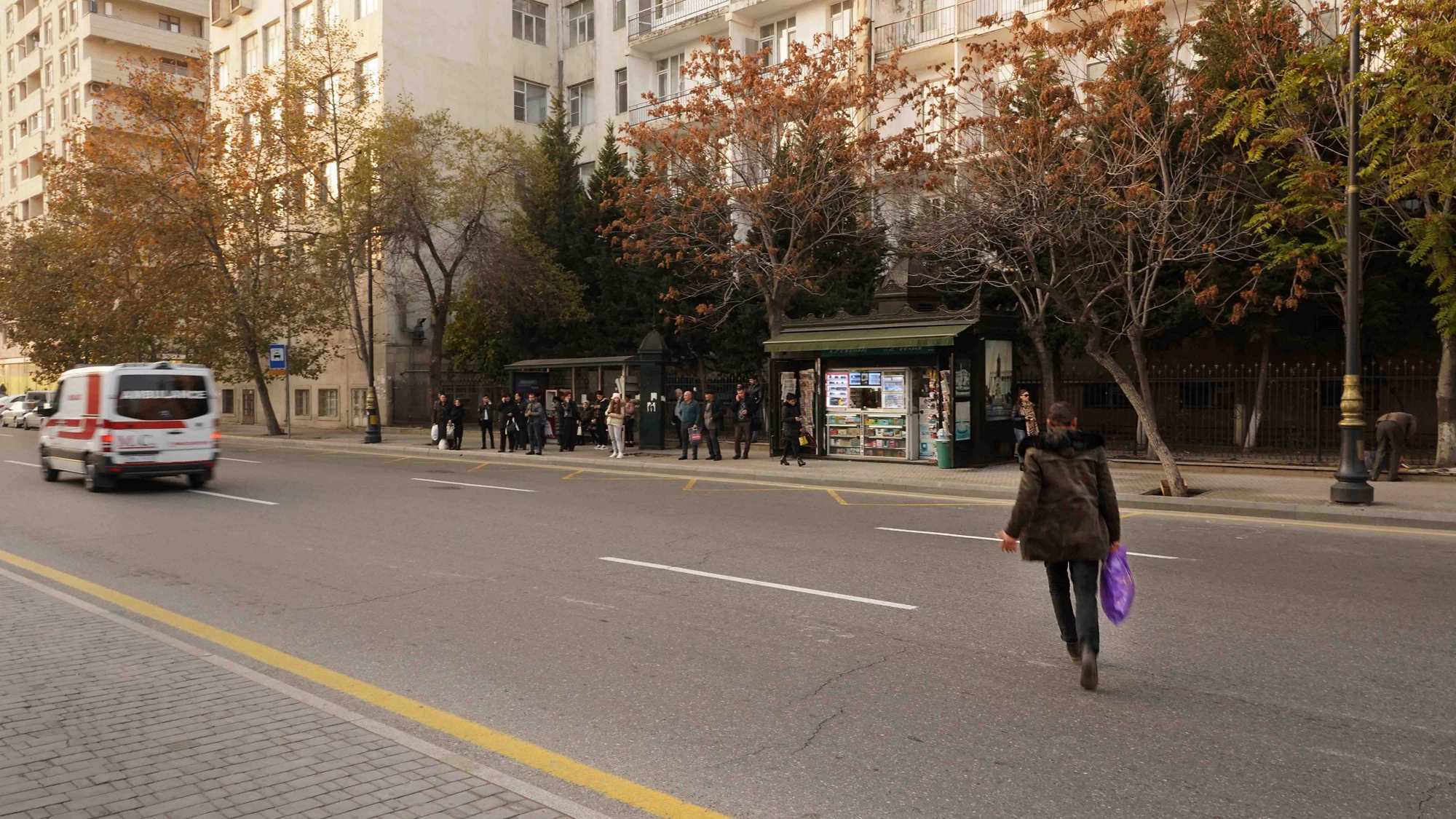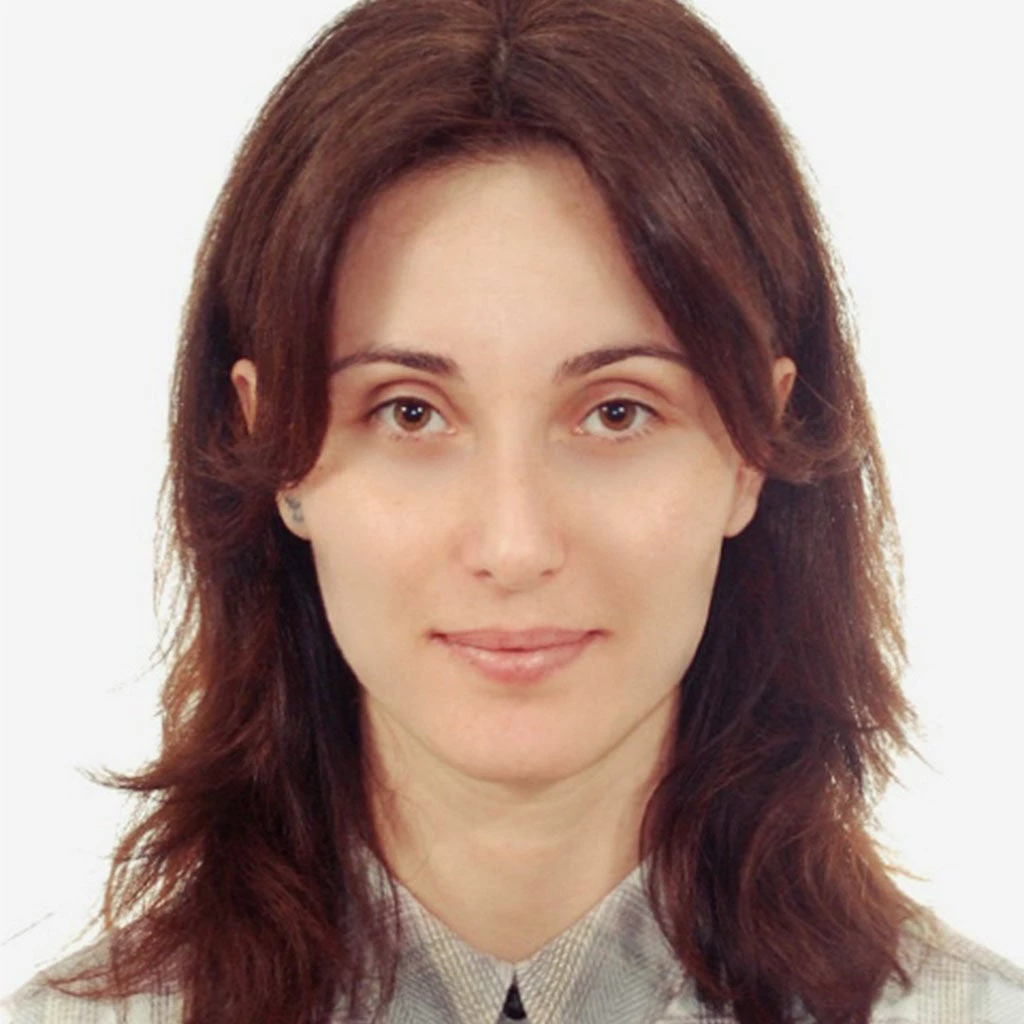Fuad lives in Baku. He spends much of his time in an office, but outside work, he tries to lead an active and healthy lifestyle - all the more important because Fuad has heart problems. He especially likes cycling, which helps decrease the risk of circulatory diseases – the cause of about 57% of all deaths in Azerbaijan.
But cycling - and even walking - around Baku can be just as risky. According to a 2018 World Bank report, 70% of all traffic fatalities in Baku involve pedestrians. Many of these people are struck while simply trying to cross the street.
A lack of adequate infrastructure and poor road safety are the main challenges for pedestrians and cyclists in the city. That's why the Bank report recommends a range of urban mobility policy options, including improving the design and safety of road crossings and reducing speed limits in parts of the city from 60km to 50km per hour.
During a recent visit to Baku, I decided to see firsthand some of the issues I had read about in the report. So, one Friday evening after work, I took a stroll around the city. And that’s how I met Fuad. Cycling is just a hobby for him, he said, but he would love to use his bicycle as his main source of transportation. As indeed would many of his friends.
Fuad and I had a quick conversation that I would like to share with you...
Me: Data shows that the average car speed in the central, most congested, part of Baku is about 10-20 km/h. Cyclists can travel just as fast. Would you agree that both cycling and walking have the potential to reduce congestion, especially because they take up less space?
Fuad: Yes, but it’s not comfortable at all to cycle here. There are problems everywhere - the sidewalks aren’t made for cycling, and we don’t have special lanes or parking places. Boulevards and parks are full of people, therefore the risk of accidentally hitting someone is quite high. Thankfully, the city recently solved the problem of sidewalk edging - because the edges were so high, it was impossible for many people to step over them. Little details, you may say, but they matter.
Me: So, it’s about infrastructure, basically?
Fuad: Not only. I myself have had issues with pedestrians while cycling. Once I accidentally hit someone who was crossing a place where walking is not allowed. The accident was partly my fault, I admit, but when the police arrived they didn’t even give me a chance to explain. They just assumed the pedestrian was in the right. I don’t think that's very fair.
Me: I agree - people should respect each other’s rights and space regardless if they are on a bike or on foot. Do you think enhanced enforcement of rules against irresponsible drivers, cyclists and pedestrians could help?
Fuad: Regarding fines, I think they are already quite high for the average citizen. It was a long time ago, but I once paid about 60 manats ($35) for not stopping my car at a crosswalk. Instead of financial punishment, maybe some motivational campaigns could be considered. I would encourage greater use of bikes by offering free parking for those people who want to park their cars and cover the rest of the distance in a congested area on a bicycle, for instance. Offering discounts, and benefits or awards, to obedient drivers, cyclists and pedestrians would also help.
Me: Are there any marathons or other awareness raising campaigns that promote cycling and healthy lifestyles here?
Fuad: If I remember correctly, a marathon is held every spring. I have not personally heard about anything else. It’s not easy to get people here on two wheels, though. Not only because of seasonal challenges - during heavy rains, one could almost drown in the pools that form in the streets! But also, because having a cool car is a status symbol for many Azerbaijanis.
Me: I totally get it - I'm from Georgia. But did you know that developing non-motorized transportation has recently become a priority for your city? In fact, World Bank experts have prepared an in-depth analysis on this initiative for the authorities.
Fuad: I had no idea. That sounds good, but I think there are still many people here who are reluctant to start using bicycles or other similarly healthy means of transportation. This initiative is only going to work for people who would typically use the metro ... which, by the way, is the most convenient transport available in Baku.
Me: Change certainly takes time. And behavioral change, even more. But what if we told people the following: if just 5% of all short car trips (less than 1% of all trips in the greater Baku area) were replaced by non-motorized transport, it would lead to a yearly reduction of 2 tons of CO2. Wouldn't they pause, at least for a moment, and consider becoming more environment friendly?
Fuad just looked at me, smiling, and shrugged.
Despite his initial skepticism, we continued our chat a little longer. And I told Fuad that another Bank study reviewed the potential of cycling as a serious mode of urban mobility in Baku ... and found virtually no fundamental factors prohibiting increased cycling. In fact, 60% of survey respondents expressed their willingness to cycle regularly - if decent, safe infrastructure existed.
In recent decades, Baku has seen a rapid expansion and inflow of people from rural areas, transforming it into a major urban metropolis. According to some estimates, the total number of permanent residents in the greater Baku area now exceeds 3 million people - almost one-third the entire population of Azerbaijan. Yet, the city is currently unable to provide convenient, well-connected, and safe mobility for its residents.
That's why I really hope that at least some of the World Bank's recommendations will one day be adopted. So that Fuad and his friends can use their bicycles, not just for exercise, but as their main mode of transportation. But more importantly, so that all of Baku's residents and visitors won't have to worry ever again about simply crossing the street.
What do you think? Feel free to share your thoughts or suggestions below.





Join the Conversation
Отличная статья.
Большое спасибо, Фуад! Рада, что вам понравилось.